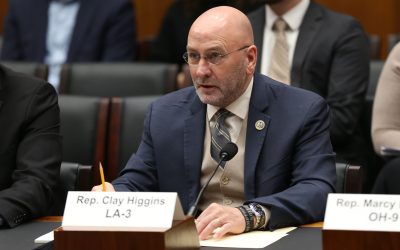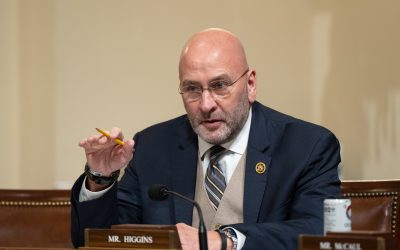Construction on the Bayou Bridge Pipeline in the Atchafalaya Basin will soon resume after a temporary stay that may have cost the company millions, officials said Thursday.
A federal appeals court on Thursday cleared the line to continue work in the basin, reversing a decision by a lower court three weeks earlier to halt construction while an environmental lawsuit against the company progresses.
The lawsuit — filed by the Atchafalaya Basinkeeper, the Louisiana Crawfish Producers, Gulf Restoration Network, Waterkeeper Alliance and the Sierra Club — challenges the Army Corps of Engineers’ finding of no significant impact from the project.
The pipeline company has said stopping construction in the basin would cost it nearly $1 million daily and $25 million monthly. They didn’t respond to specific questions about the actual cost on Thursday.
“We are pleased with the 5th Circuit’s ruling today,” said Alexis Daniel, spokeswoman for Energy Transfer Partners, the company behind the project. “We will begin mobilizing for construction activities as soon as possible, and will do so in full compliance with all permit conditions.”
U.S. Rep. Clay Higgins released a statement Friday praising the decision to lift the ban, saying the project has undergone a “rigorous and thorough environmental review process, receiving every required permit before starting construction.”
“This was as by-the-books as it gets,” Higgins said.
He said the decision to stop construction was a politically charged example of the “toxic legal environment that discourages industrial expansion in Louisiana.”
Wilson said construction will contribute to the drying of the basin and the destruction of trees, some of them “over a thousand years old.” He called the decision to lift the ban “completely reckless.”
Judges in the 5th U.S. Circuit Court of Appeals in New Orleans voted 2-1 to allow construction, with Judge W. Eugene Davis filing a dissenting opinion.
Construction on the 162-mile line — set to transport oil from Lake Charles to St. James — began in January.



